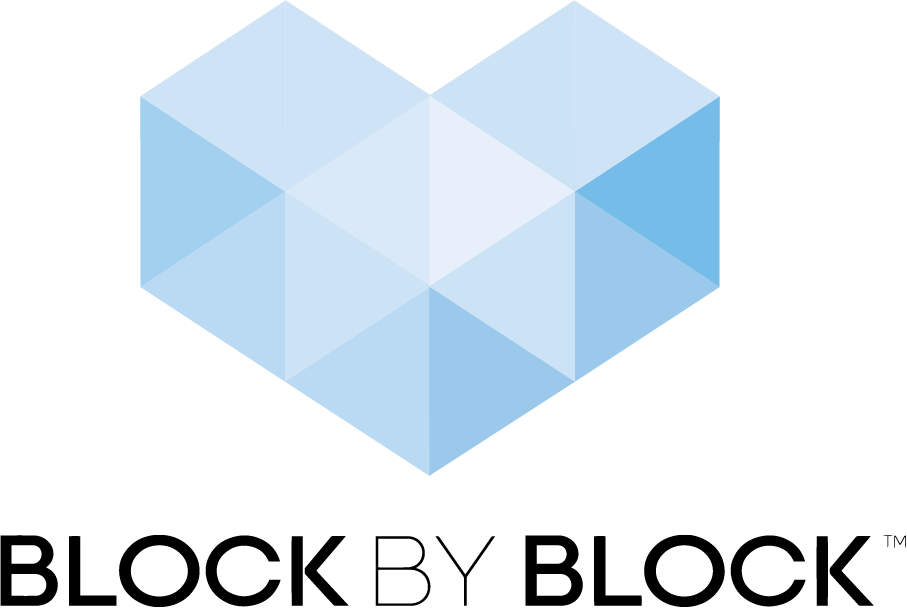Market Vendor Support in Kisumu, Kenya
Market Vendor Support in Kisumu, Kenya
Our COVID-19 project helped Kisumu decongest its busy markets, raise awareness on COVID-19 safety, and nurture community through public art.
Market Vendor Support in Kisumu, Kenya
Kisumu, Kenya
Project type: COVID-19 Response
Collaborators: UN-Habitat, Humanity for Children, City of Kisumu, Kenya Red Cross services, Artist group, Nyalenda Young Turks, Dawn of Obunga, Youth for sustainable development, Lela Multipurpose youth group, Maseno University School of Urban Planning and Architecture, The Assistant County Commissioners, Kondele Social Justice Center, Branded solutions, Janafa Foundation, Kisumu Caritas, Kefeado, Grassroots foundation, Governance Watch, Radio Sky, Josra foundation, Market leaders, Shofco.
Region: Africa
Tags: economic opportunity, micro-interventions, disaster recovery, public health, public safety and security, COVID-19
Distribution of hand washing stations in Kisumu, Kenya
Background
Kisumu is one of the hardest-hit areas in Kenya, with the twin tragedy of the pandemic and flooding. In collaboration with a wide range of partners, the city is implementing a raft of measures, including creating temporary bicycle lanes and temporary public markets to facilitate physical distancing and safe movement of people. The aim of the project is to build on the current effort of the city to decongest markets, educate the community on COVID-19 safety, and use public art to nurture community while raising awareness.
Building Awareness, Block by Block
UN-Habitat, together with Humanity for Children, conducted several meetings with local artists to plan a graffiti mural informing the public about COVID-19 safety. We also provided shading facilities for vendors. Street vendors are not properly supported in Kisumu because they are considered informal. Going forward, the Global Public Space Programme is championing the establishment of a governance structure for street vendors. The process to formalise street trading often requires time but both the city and the county assembly have acknowledged the necessity to legitimise alternative employment for livelihood support during COVID-19.
The project engaged 8 artists and 512 volunteers © Humanity For Children
Progress
Collaboration and partnership have been key to reducing duplication of efforts while encouraging resource sharing and increasing response coverage. The engagement of different partners in the process has enhanced delivery of COVID-19 awareness campaigns.
Another main takeaway was, once again, the importance of protecting open public spaces. We look forward to continuing to decongest these markets and the streets they occupy to offer safer spaces for these traders and the community they serve.
Making markets safer for traders and the communities they serve © Humanity for Children

